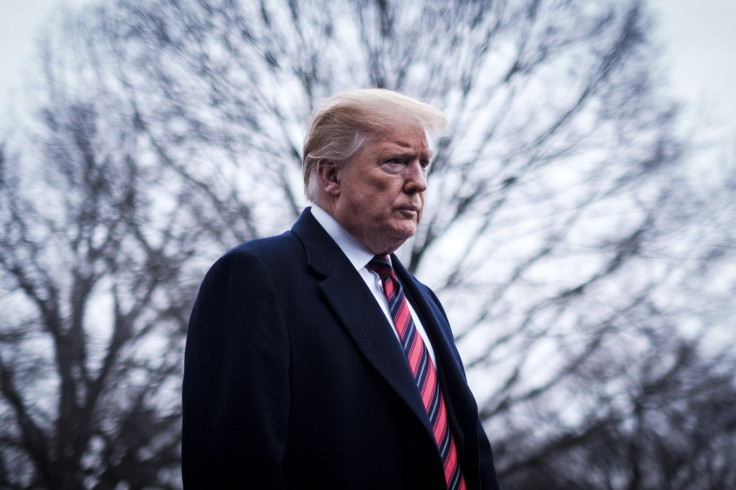US-China Trade Talks Tensions Escalate As Trump Threatens 25% Tariffs On $200B Goods

Wall Street is expected to take a grim view of president Donald trump’s decision to impose tariffs of 25 percent on Chinese goods starting May 10, an indication that trade talks with China haven't moved forward despite months of administration claims of steady progress.
Trump unexpectedly announced the 25 percent jump in U.S. tariffs on $200 billion worth of Chinese goods on Sunday, and said 25 percent tariffs on $325 billion of Chinese goods will be imposed “shortly.”
The S&P 500 has improved more than 17 percent so far this year, partly on optimism a trade deal with China is in the cards. That optimism is in for a serious knock this week with Trump’s deflating announcement, which belies months of statements from his administration and himself that trade talks with China are going “very well.”
As of late as last week, multiple reports said China and the U.S. were close to a trade deal, and an agreement might be had by May 10.
Trump’s trade war escalation tweeted Sunday will certainly roil U.S. financial markets when they open Monday. Some analysts expect a sharp downturn in sentiment after months of optimistic but unverified pronouncements from the administration alleging steady progress being made.
On May 3, Trump said talks with China were going well. On the same day, vice president Mike Pence said Trump remains hopeful that he can still strike a deal with China.
White House sources cited by media said there is a good chance China will boycott talks scheduled this week following Trump’s announcement. It seems the tweet also took Trump’s negotiating team led by Treasury Secretary Steve Mnuchin by surprise.
Chinese Vice Premier Liu He is due to fly to Washington for this week’s talks after a negotiations last week in Beijing Mnuchin claimed were “productive.”
Trump’s move is an abrupt reversal of his decision in February not to increase tariffs from 10 percent to 25 percent on $200 billion of goods. That increase will now go into effect on Friday.
He said trade talks with China are continuing, but are moving too slowly.
U.S. merchandise imports from China increased to $539.5 billion 2018 while the U.S. trade deficit rose to an enornous $419.2 billion despite tariffs imposed by the Trump administration last year. If Trump follows through with his threats, almost all goods imported from China to the U.S. will pay higher import taxes.
China and the U.S. have been unable to make any significant progress in addressing Trump’s demands on intellectual property protection and a halt to forced technology transfers. There have been serious disagreements as to whether tariffs should be removed or remain in place as an enforcement mechanism.
Trump is guessing the new tariffs won’t lead to price increases for American consumers.
“The Tariffs paid to the USA have had little impact on product cost, mostly borne by China. The Trade Deal with China continues, but too slowly, as they attempt to renegotiate. No!” said Trump.
© Copyright IBTimes 2024. All rights reserved.





















